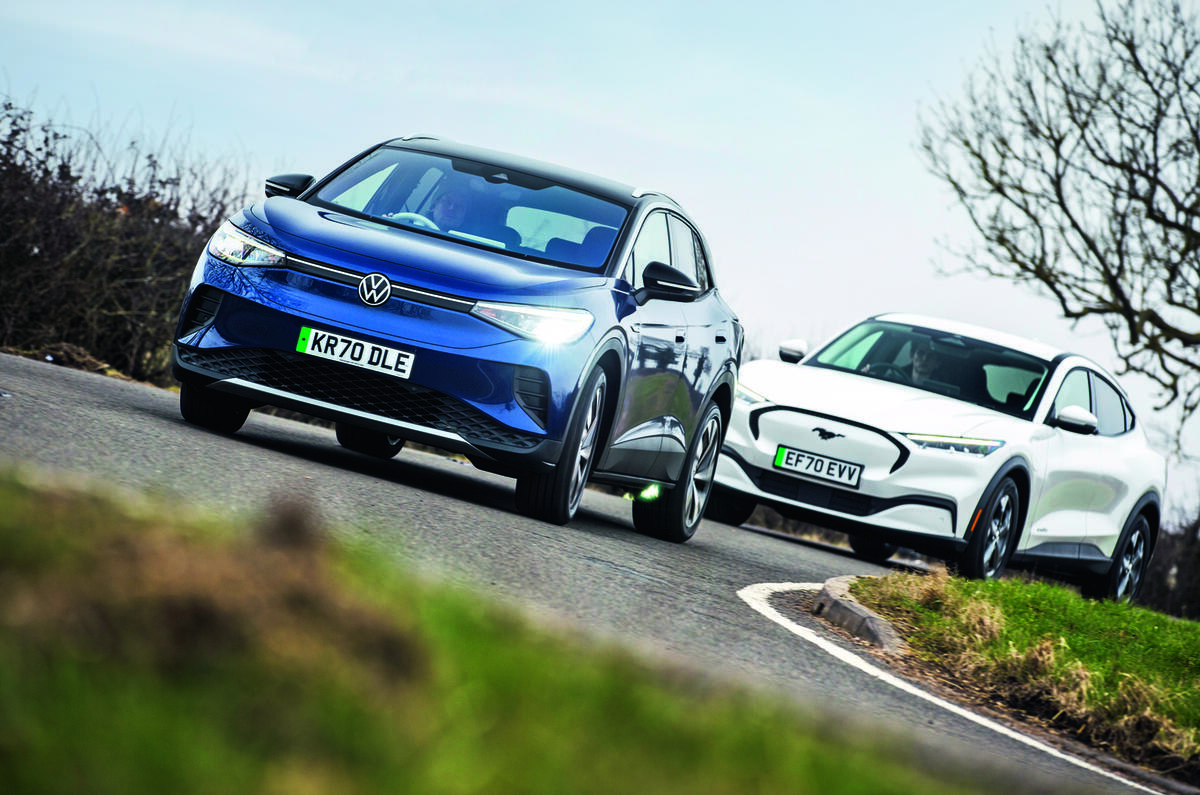Is there a greater contradiction than car manufacturers desperately trying to maximise profits during the chip crisis by prioritising high-end SUV sales yet aiming to avoid CO2 emissions-related fines by selling as many electrified vehicles as possible?
How much profit varies from vehicle to vehicle but one glimpse as to just how much margin can be in an SUV came when Jaguar Land Rover revealed it had received £68,000 per car sold in the final quarter of last year after an extreme focus on producing Range Rover-badged cars. (Even then, it made a £9 million loss in the same period.)




Join the debate
Add your comment
I agree with this article. The irony that all the work done in electrification has been offset by a trend to move towards higher road load (and hence lower efficiency) and a move away from diesel, which was more suited for these vehicles. We've made a massive vbackstep.
I don't agree that SUVs are more spacious. The SUV version of a hatch, tends to be longer, and they are taller, but they have more ground clearance, so the cabin height on some aren't that different. With the rear axle protecting for a diff or rear motor, the boot floor is really high, so the boot is really shallow. To get the volume they then make the boot longer, increasing length.
The death of the MPV was really tragic, cars actually designed to be compact, but give as much space as possible. We couldn't find a spacious C segment car due to all them being SUVs, so we settled on a Golf SV, which is perfect. The move to BEVs mean you get SUV looking cars, but have a battery under the car, meaning no ground clearance. You basically end up with an MPV with the cabin height and space of an SUV/hatch. Take a look at the electric china-only CX-30 if you don't believe me!!!
Completely agree with you - SUV's are just a bloated and innefficient version of an efficient concept which is the MPV with some added 'adventurous accoutrements'.
Market forces and all that. What may have some influence in an energy crisis is the relative efficiency. Once electricity is nolonger seen as a massive saving over diesel people may consider how many miles they get to their kW. The best statistic I've seen to demonstrate this is that an Audi Etron does the same miles per kWh as a Tesla model 3 towing a caravan.
But these market forces are heavily influenced by the manufacturers who do their best to push people towards these more profitable vehicles, advertising the (supposedly) associated active lifestyles, and playing upon the need of people here in the UK to "keep up appearances". (Though I think even Mrs Bouquet would find an SUV rather vulgar...). And motoring journalists play a part towards this too, continually telling us that the bigger, and apparently more practical vehicle is better. We all know a lot of people find it hard to think for themselves and will look to the makers and reviewers to tell them what they should buy.
It wouldn't be so bad if the extra money made by selling these large expensive vehicles was being used to help fund small/city vehicles or sports cars that many of us still want to drive, but apart from perhaps Toyota none of the mainstream manufacturers are doing this. All we get is yet another SUV.
Of course we should have aspirational cars, but that used to be a premium brand saloon or estate, or even a sporty coupe, which are far greener by comparison surely.